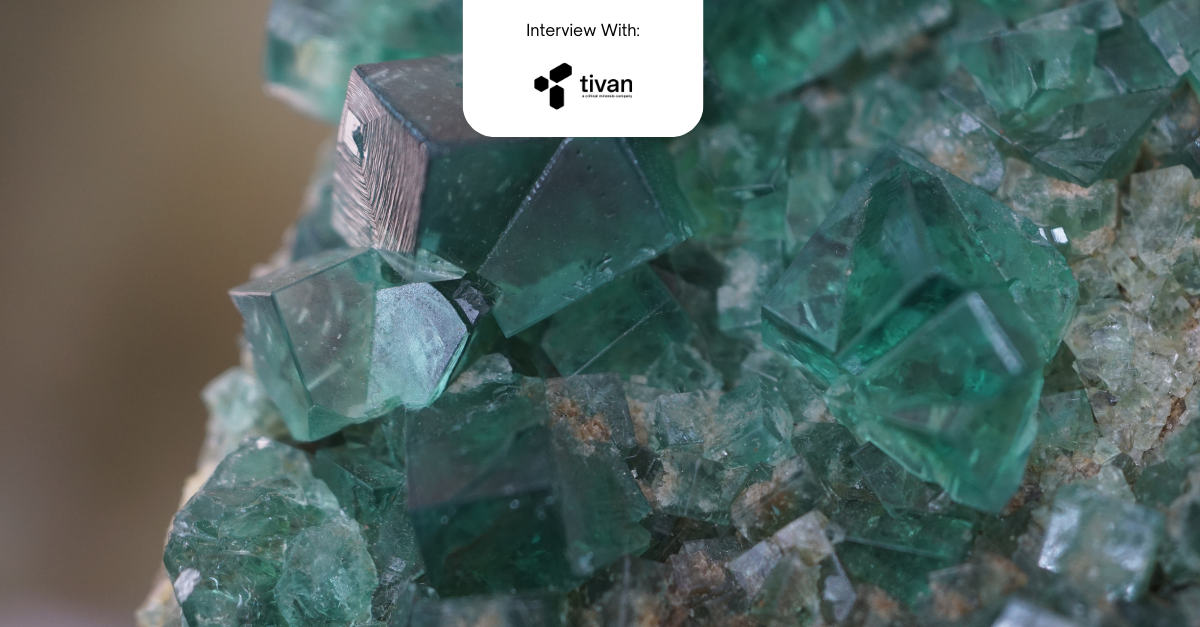During this exclusive interview, The Energy Circle by IN-VR sat down with the leadership of Uni Graça Gloess (UGG) to explore the company’s evolution from a marine-focused operator into one of Timor-Leste’s emerging integrated energy and logistics providers. We discussed UGG’s expanding role in national capacity-building, its contributions to projects such as Bayu-Undan Decommissioning, its commitment to QHSE excellence, and its long-term vision to position Timor-Leste as a competitive regional hub for energy, maritime, and sustainable logistics services.
1. What inspired the transformation of Uni Graça Gloess from a marine-focused company into a broader energy and logistics provider?
The transformation of Uni Graça Gloess (UGG) came naturally as the company evolved alongside Timor Leste’s changing energy landscape. While our roots are in marine services and offshore operations, we recognized that the country’s future growth depends on diversifying beyond traditional oil and gas activities.
As Timor-Leste advances its infrastructure and energy ambitions, UGG saw an opportunity to contribute more broadly—supporting both upstream and downstream operations while preparing for the emerging renewable energy market. Expanding into logistics and energy services allows us to remain relevant, resilient, and ready to partner with international operators as a capable and trusted Timorese company.
2. How is Uni Graça Gloess contributing to Timor-Leste’s economic growth and local capacity-building in the energy sector?
UGG’s contribution to national growth focuses on three key priorities: local participation, skills development, and sustainable employment.
Our entire workforce is Timorese, and we are committed to ensuring that local professionals take on technical and managerial roles across our operations. Through projects like the Bayu Undan Decommissioning and upcoming onshore logistics and construction work, we ensure that local suppliers and contractors are part of the delivery chain—from procurement to on-site execution.
We’ve also designed our project management structure so that our local team members are fully embedded with international partners. This hands-on involvement gives them exposure to global best practices and ensures they participate directly in key decision-making processes. Over time, this approach helps build a stronger, self-sufficient technical base in Timor-Leste—capable of managing complex oil, gas, and renewable energy projects independently.
3. How does the company ensure safety, sustainability, and environmental responsibility in its operations?
Safety and sustainability are part of UGG’s culture. We operate under a comprehensive QHSE management systembased on international standards, with a clear focus on risk prevention, workforce safety, and continuous improvement.
Environmental responsibility is also central to how we work. We follow strict waste management and pollution prevention procedures and ensure compliance with both national regulations and international environmental frameworks.
As we expand into logistics and broader energy services, we continue to integrate sustainability into every aspect of our operations. Our goal is to align our growth with the UN Sustainable Development Goals (SDGs) by promoting responsible resource use and environmentally conscious project delivery.
4. What types of partnerships or collaborations is Uni Graça Gloess seeking with regional and international companies?
UGG values partnerships that bring technical expertise, innovation, and long-term collaboration to Timor-Leste. We work closely with international engineering, procurement, and logistics companies to deliver projects that meet global standards while strengthening local participation.
Regionally, we are exploring collaborations with partners from Australia and Southeast Asia in areas such as energy logistics, marine services, renewable technologies, and workforce training. Our goal is to establish joint ventures that combine world-class capability with local knowledge—helping Timor-Leste develop the operational capacity and confidence to participate more actively in the regional energy market.
5. What is your long-term vision for Uni Graça Gloess and for Timor-Leste’s position in the global energy and maritime sectors?
Our long-term vision is for UGG to become Timor-Leste’s leading integrated energy and logistics company, recognized for operational excellence, innovation, and local leadership. By 2030, we aim to play a key role in supporting the country’s energy transition—through major infrastructure projects like the Tasi Mane Development, downstream processing facilities, and eventually, renewable and sustainable logistics operations.
Over time, we aspire for UGG to grow into a publicly traded company representing Timorese capability on the regional stage.
For Timor-Leste as a whole, we believe the country can become a respected and competitive energy hub—leveraging its maritime strengths, young workforce, and regional partnerships to build a diversified and sustainable energy economy. Through collaboration and innovation, we want to help shift Timor-Leste from being resource-dependent to becoming a knowledge-driven and service-oriented nation.




.png)

